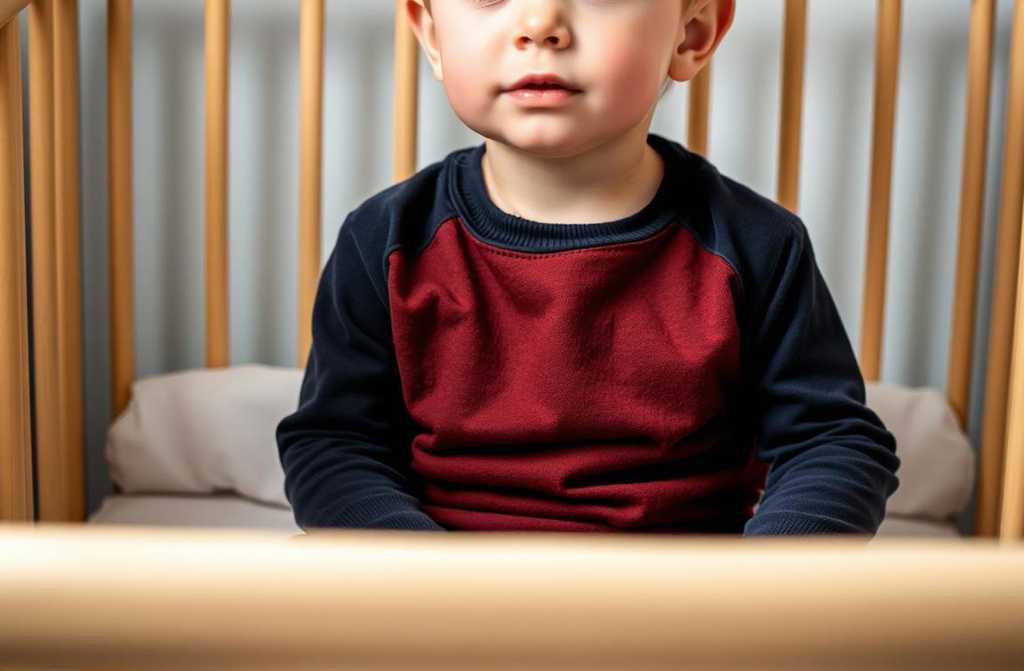He vanished the moment we received our sons diagnosis. I remainedbecause I could never abandon my child.
That day is etched into my memory, as though it crashed into my life and never left.
The physician held the X-rays, speaking swiftly of irregularities, damaged regions, and functional impairments. The words rushed past me like wind through an open window. I sat there, unwillingunableto grasp them.
Then, one sentence struck like lightning:
Speech will never come. Not now. Not ever. He will never speak.
A sterile office, a rigid chair, the doctors white coat. And my sonsmall, warm, nestled against me, sleeping soundly, his tiny body trembling faintly. I felt deafened. The doctors voice faded into the distance, muffled, insignificant. Only those words remained, sharp and dark, lodged in my heart forever.
He would never say a word.
Never whisper mum. Never speak of fear or dreams. Never ask why the sky was blue or wonder who lived beyond the moon. Not a single sound.
I refused to believe it.
It had to be a mistake. He was only a few months oldperhaps just slower than the rest. He needed a specialist. A speech therapist. Exercises. Perhaps therapies? Rehabilitation?
Weve done all we can, the doctor said. The damage to his nervous system is severe. The speech centres are inactive. This cannot be fixed.
At that moment, the ground vanished beneath me. The room blurred, my thoughts scattered. I clutched my son tightly, as though my embrace alone could erase the diagnosis, as though love could mend the broken pathways in his mind.
And still, he sleptpeaceful, untroubled.
Inside me, a scream clawed, desperate and soundless.
The pregnancy had been unexpected. Yet it became a gift, a flicker of hope.
Thomas had been overjoyed. Hed longed to be a father. We lived modestly in a rented flat but made plansof a home, of school, of a future.
Each evening, hed rest a hand on my belly and murmur, Listenthats our little one. Strong like me, clever like you.
Id laugh, leaning into him. We chose his name carefully, testing how it sounded. We imagined his nursery, his cot, his first toys.
The pregnancy was difficultsickness, exhaustion, worry. Yet I endured, for the flutter of movement, for his first breath. For him.
When labour came early, I was terrified. But Thomas stayed. He held my hand in the delivery room, slept in hospital corridors, bought every medicine the doctors requested.
Our boy was born too small. Too frail. Weak, struggling, masked and tubed. I never left the incubator.
When we finally took him home, I thoughtnow, life would begin anew.
But the months passed, and he was silent.
No coos. No babbling. No response to his name.
The doctors dismissed me: Children develop at their own pace.
A year passednot a word. Eighteen monthsno gestures, no reaching, no eye contact.
I scoured medical journals, forums, mothers tales. Searching for answers. For hope. I tried everythinggames, flashcards, massages, music, speech sessions.
Sometimes, Id thinkthis was it. He understood! Hed speak now! Yet silence remained.
Then came the diagnosis.
Thomas grew quiet.
First, he ragedat doctors, at fate, at me. Then, he stopped speaking altogether. Only silence, and hollow stares.
He stayed late at work. Then, he came home late. Thenhe simply didnt return.
One evening, he said it plainly:
I cant do this anymore. Its too painful. I cant watch him suffer.
I sat with our son in my arms. He slept against my shoulder. I said nothing.
Forgive me, Thomas murmured. Im leaving.
He went to a woman with a healthy childone who laughed, ran, said mummy.
And I was left alone. With my boy. With my love. With my grief.
I dare not weaken.
There is no day for rest. No moment to shut my eyes and forget.
My son does not speak. He cannot feed himself, dress himself, ask for water, or say where it hurts. When he cries, it is not a tantrumit is a scream his voice cannot form.
Night after night, he scarcely sleeps. Neither do I. Days are filled with therapiesmovement, speech, exercises. I keep meticulous notesmedicines, schedules, progress.
I work nights. Odd jobs. Anything to scrape by without losing myself.
We survive on benefits, on disability allowances. On stubborn hope. On love that refuses to fade.
I am no longer a woman. No longer a daughter, a friend. I am a mother. His mother. His voice. His world.
Once, in a shop, my son wailedstartled by a sudden noise. Strangers stared as though he were unnatural. A woman whispered, just loud enough:
Why would they have a child like that?
I left with half my shopping, hands shaking, tears unchecked.
At the clinic, a doctor barely glanced at us. Still hoping hell speak? Thats a fantasy. You must accept the truth.
How does one accept a truth that shatters the heart daily?
He does not speakbut he feels.
He laughs at music. He clutches me when I weep. He reaches for me, kisses my cheek, tries to soothe me.
Once, I broke down in a corner of the room. He ran to me, pressed his small hand to my face. No words. No sound.
Yet I heard him. Through the silence.
It was an ordinary morning. We were bound for therapya rare glimmer of hope. At the bus stop, my son cried againfrightened by a shouting schoolboy. I knelt, struggling to calm him, tears burning my own eyes.
May I help?
A gentle voice. A woman stood before mewarm, steady, as though she understood.
I nodded. She helped settle my son on the bus. Then, we talked.
Her name was Margaret.
She, too, had a child who never spoke. He was grown nowseventeen. Yet he communicatedthrough gestures, through a tablet. Through love.
It began with pain, she admitted. But I learnednormal is what we make of it.
For the first time in years, something within me softened.
I was not alone. Others walked this path. And they lived. They laughed. They endured.
We began meeting. Walking, sharing, learning. Margaret taught me alternate ways to communicatesigns, pictures, technology. But most of all, she did not pity me.
She believed in me.
One day, she said, You are pain and strength combined. That is true courage.
Those words stayed with me.
Months later, I started an online group for mothers like us. We shared advice, comfort, small victories.
One woman wrote: I nearly gave up. Then I read your wordsand stayed.
Another thanked me: You dont ask for pity. You tell the truth.
And then I knew
My pain had purpose.
If I could help even one person, then my son and I had not lived in vain. Even silence could be a voice. Even shadows could hold light.
Three years have passed.
My son still does not speak.
But he looks into my eyesand I see love deeper than words. He smilesbright enough to melt despair. He hugs me so fiercely the world fades.
He has learned to speak with his handsa sign for I love you worth more than speech.
He presses buttons on a tablet:
Hungry.
Play.
Mum.
Then, one day, he pressed three words together:
Mum. Heart. Happy.
I weptnot from sorrow, but love. From gratitude. From knowing he understood, he felt, he was here with me.
He may never say mum aloud. But he says it with his whole being.
And that is enough.
Sometimes, I think of Thomas.
Not with anger. Not with blame. Sometimeswith sorrow. Sometimeswith sadness. He could not bear it. He left, crushed beneath the weight.
Now I seenot everyone is strong enough to stay when the world collapses. I forgave him. Not for his sake.
For mine. To lay down the stone in my chest.
Now, when I look in the mirror, I see a womanweary, lined from sleepless nights and worry.
But beneath thata soul that walked through fire. A soul that did not break. A soul that chose love over flight.
I am no saint. No martyr.
Just a mother.
Who loves her son more than life. More than fear. More than anything.
Were I offered a perfect lifewithout pain, without struggle, but also without him
I would refuse.
Because he is my life.
We are mothers unlike the rest.
Our sleepless nights are not for romance, but for comforting cries in the dark







